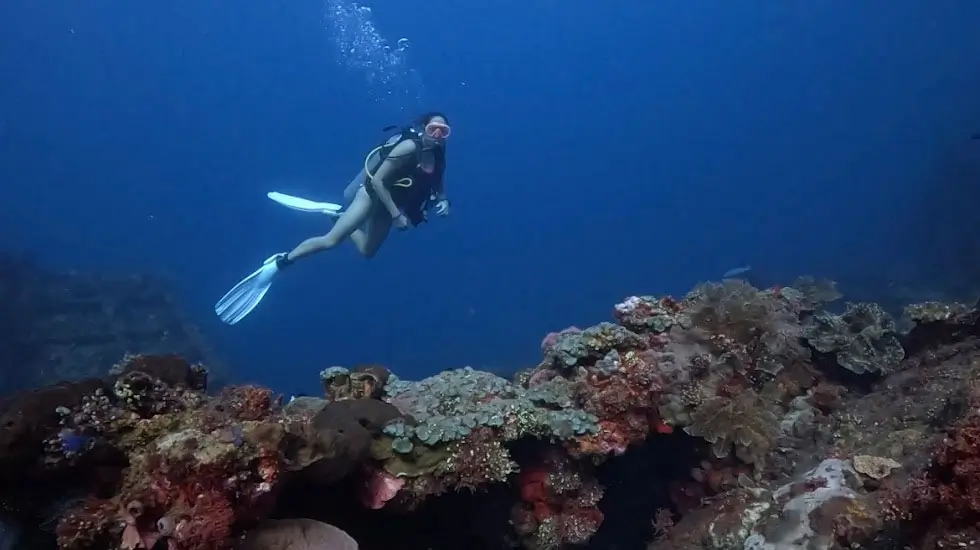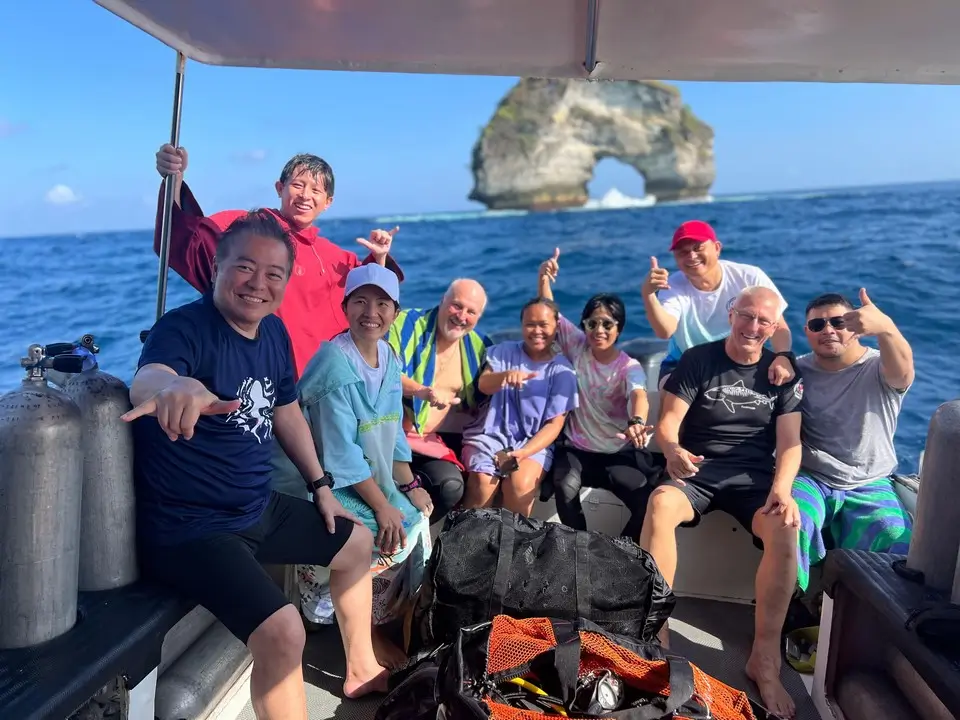
Scuba diving looks simple when you first plan a trip. You pay for the dive package, rent some gear, and book your flight. For beginners who are just starting to explore the underwater world, it is important to understand the hidden cost of diving. These small expenses go beyond the basic price and can surprise many beginners who expect everything to be included. The real cost of diving is often deeper than it seems.
There are small but important expenses that most divers forget to include in their budget. These hidden costs can add up quickly and sometimes even affect your safety or enjoyment underwater. Understanding them helps you plan better, dive smarter, and avoid surprises on your next trip to Bali or anywhere in the world.
Big Costs Are Easy to See, Hidden Costs Are Not

The main expenses are easy to spot: your diving course, equipment, and the trip itself. But many divers stop there. They forget to count maintenance, travel extras, or small fees that appear only after they arrive.
When you look closely, these “extra” costs can make a big difference. Knowing them helps you decide what’s worth paying for and where you can save.
1. Equipment Maintenance and Replacement

Buying your own gear feels like a one-time investment, but diving equipment needs care and regular maintenance. Regulators, BCDs, and tanks need regular maintenance to stay safe and reliable. Depending on how often you dive and the water conditions, maintenance may be needed once or twice a year, or after a certain number of dives. Proper care keeps your equipment in good condition and helps prevent problems underwater. Even fins, wetsuits, and masks wear out over time, especially if you dive in saltwater often.
- Annual regulator service: around USD 100–300 depending on the brand
- BCD cleaning and inspection: about USD 50–100
- Tank testing and valve replacement: every few years
- Wetsuit or dive computer replacement: every 2–5 years
Ignoring maintenance may save short-term money, but it risks safety or gear failure underwater. Proper upkeep keeps your dives smooth and comfortable.
2. Travel and Transport Fees

Getting to your dive site can also bring extra costs. Airlines charge for heavy dive bags, boats sometimes charge for long transfers, and some destinations have entrance or conservation fees.
When diving in Bali, these examples are common:
- Baggage surcharge for dive gear on domestic flights
- Boat transfers to islands such as Nusa Penida or Menjangan
- Local transport between hotel and dive center
- Visa and departure tax, depending on your nationality
Planning ahead helps reduce these. Pack light, share transfers with other divers, and confirm all travel costs before booking.
3. Dive Operator and Site Extras

Even after paying for a dive trip, you might face small additional fees once you arrive. Some operators charge separately for nitrox tanks, marine-park fees, or special boat trips.
- Marine-park conservation tags are required at certain dive spots
- Fuel surcharges may apply for remote areas or long distances
- Private guides or small groups often cost extra but provide more comfort and safety
- Nitrox gives longer bottom time but is usually not included in standard pricing
Asking for a full cost breakdown before confirming your booking can save frustration later.
4. Training and Continuing Education

Your Open Water certification is just the beginning. Many divers continue to learn with Advanced, Rescue, or Specialty courses. These add great value to your diving experience, but also to your spending.
You may also need a refresher session if you have not dived for a long time. Budgeting for continued learning ensures you stay safe and confident underwater. It is an investment in yourself, not a waste of money.
5. Unplanned and Emergency Costs

Diving is a safe activity when done properly, but it is smart to prepare for the unexpected. Insurance that covers diving is a must, yet many travelers forget to include it. Medical treatment or evacuation can be expensive in island areas.
Weather can also cause sudden changes. Strong waves or poor visibility may delay dives or require rescheduling. This means extra nights, boat fees, or meals. Always keep a small buffer in your budget for these unpredictable moments.
6. How to Reduce Hidden Costs Without Cutting Safety
Here are some easy tips to help you plan better and dive smarter. A little preparation before your trip can make a big difference.
- Ask questions early: Before booking, request a detailed list of what is included and what is not.
- Bring personal essentials: Items like a mask and snorkel that fit well are worth owning.
- Join multi-day or group packages: These usually reduce per-dive costs.
- Keep your gear maintained: Prevent expensive breakdowns later.
- Use travel insurance that covers diving: Cheaper than paying emergency bills.
- Pack efficiently: Avoid baggage fees.
- Choose value, not the lowest price: Cheap can become costly if safety or quality is compromised.
At Bali Fun Diving, we believe every diver should know exactly what they are paying for. Our dive packages are clear, simple, and designed with no hidden costs, so you can focus on diving, not worrying about extra fees.
7. Why This Knowledge Improves Your Dive Experience

Understanding all costs helps divers make smarter choices. It prevents last-minute stress and builds trust between you and your dive operator. It also promotes responsible diving because many “extra” fees support marine-park protection and safety systems.
Sarah, a diver from Australia once shared her story after completing her first dive trip in Bali. She said, “I thought I had covered everything when I booked my dive package, but small things like boat fees, marine park tickets, and insurance came later. It wasn’t a big problem, but I realized how helpful it is to know the full cost before the trip. Now I always plan a small extra budget, just in case.”
When you know the full picture, you can dive with peace of mind, focus on the underwater beauty, and truly enjoy the experience rather than worrying about hidden expenses.
Dive with Confidence, Not Surprises
The ocean holds countless wonders, and diving is one of the best ways to explore them. But like any adventure, preparation matters. By knowing the hidden costs of diving, you can plan wisely, spend smarter, and dive with confidence.
Next time you book a trip, take a few minutes to ask what is really included. A clear plan means more time enjoying Bali’s reefs, wrecks, and marine life and less time worrying about your wallet.
Share this Article